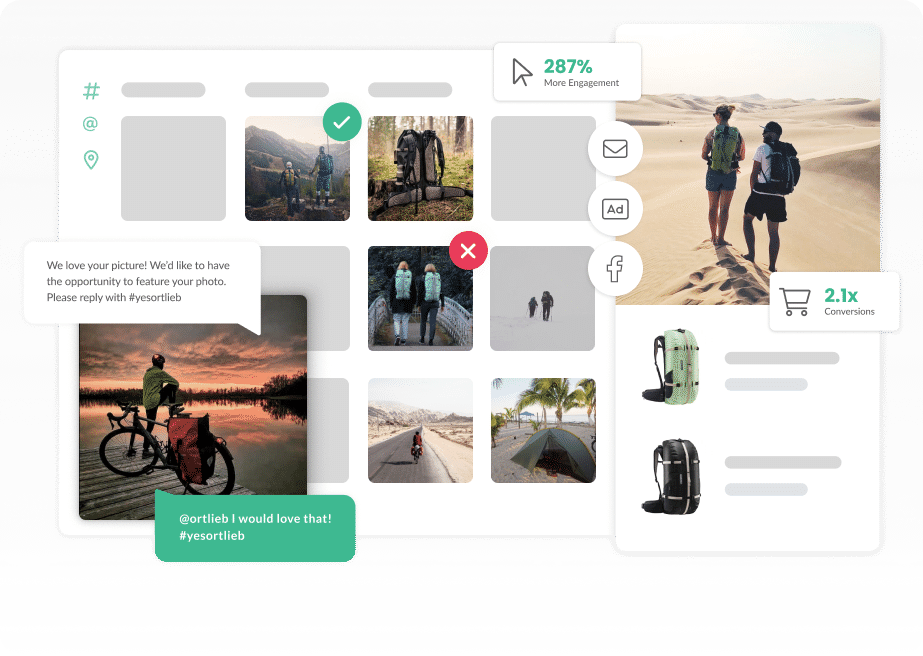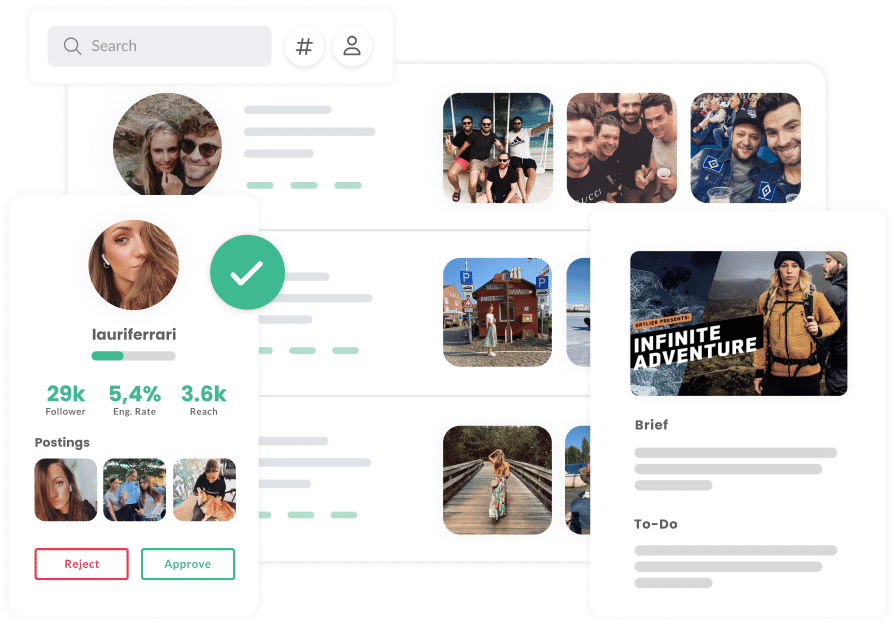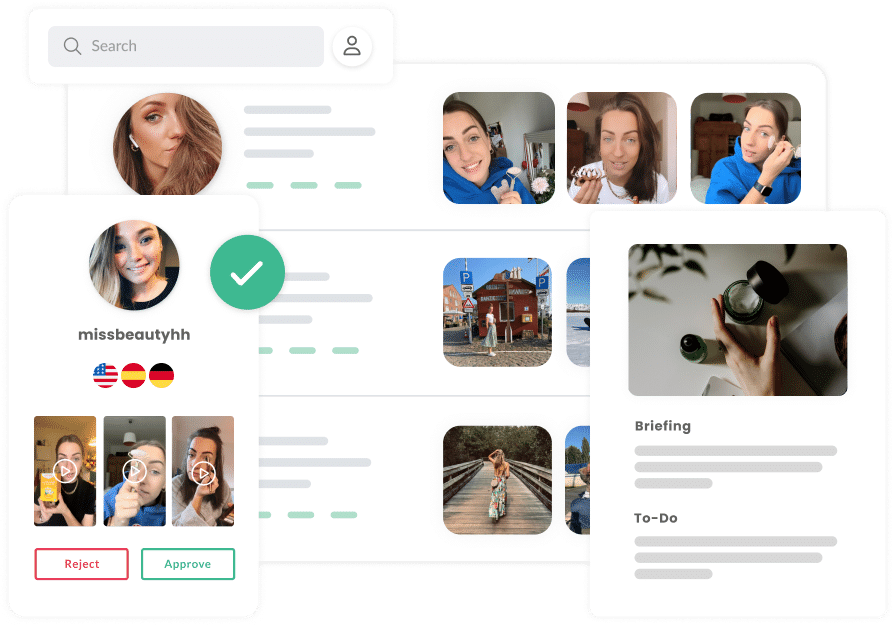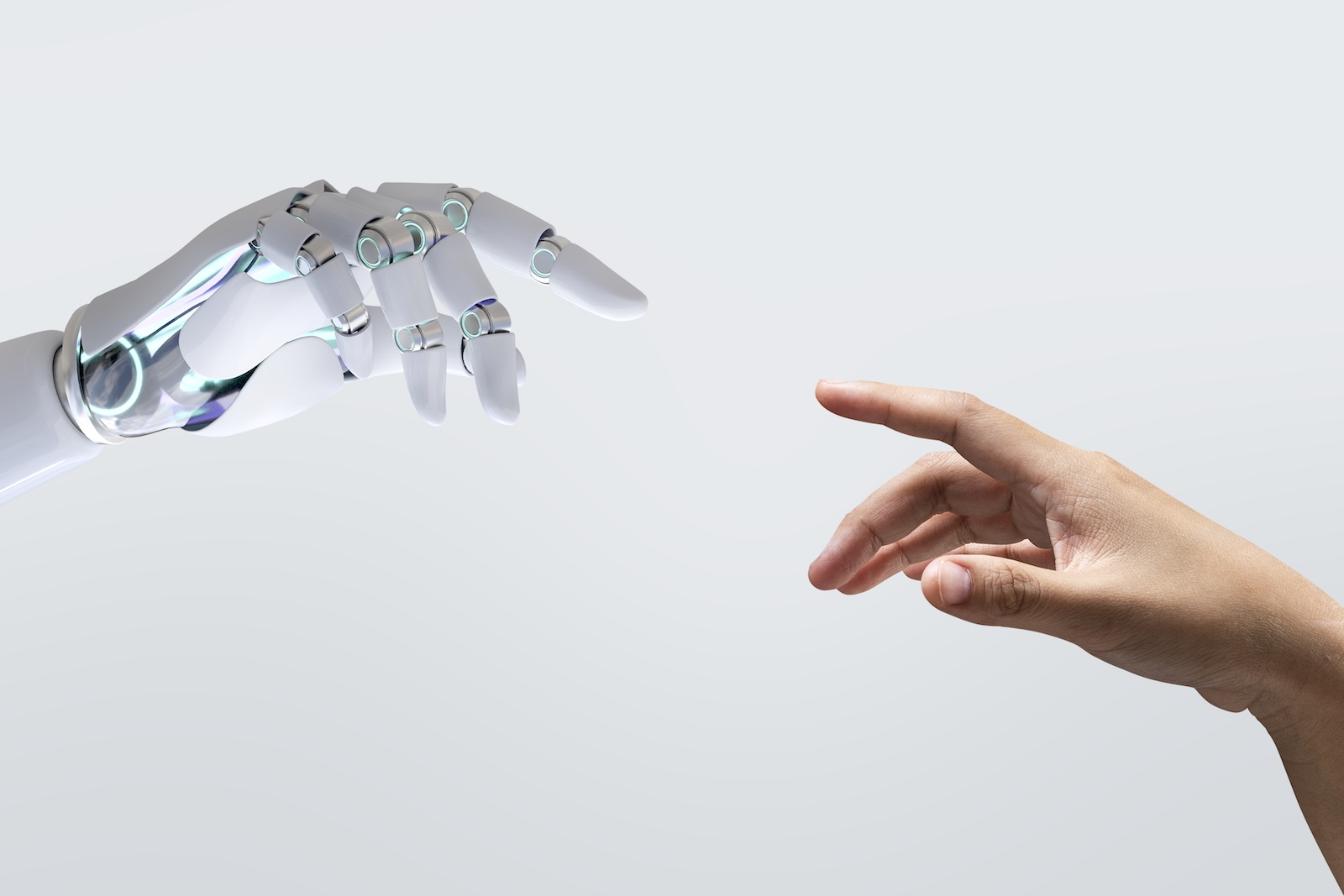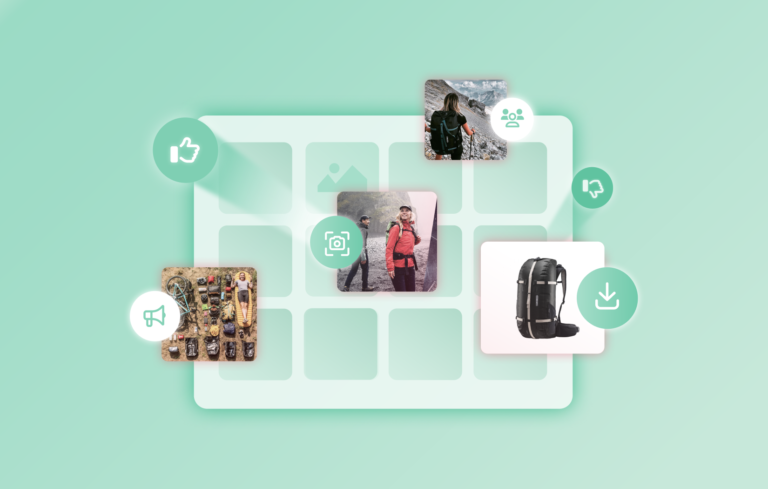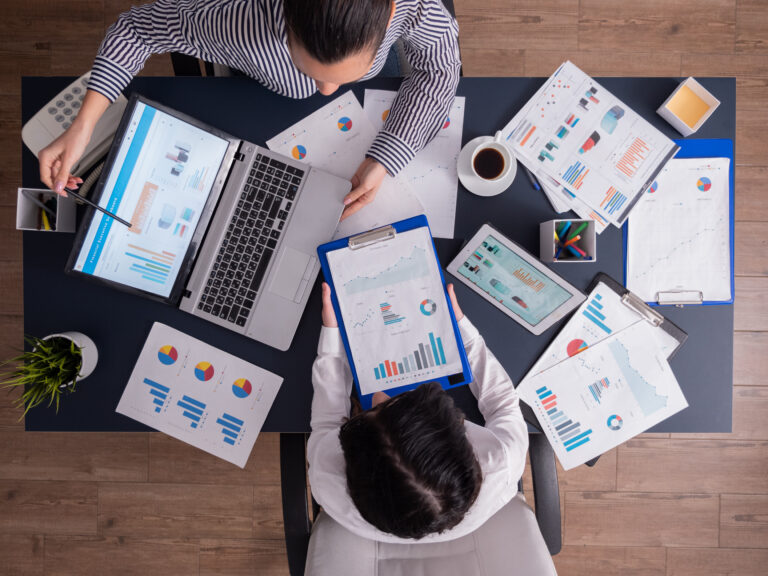What if you could not only set up your next influencer campaign twice as fast, but also target it three times as precisely – without losing the human factor? Sounds like science fiction? In fact, it has long since become reality: AI in influencer marketing is revolutionizing the industry, taking efficiency to a new level and at the same time challenging us to maintain the authenticity and humanity that makes influencer marketing so successful.
What is AI and how does it work in Marketing?
Artificial intelligence (AI) refers to systems that are able to perform tasks that would normally require human intelligence. In marketing, AI analyzes large amounts of customer data, recognizes patterns and makes predictions about the behaviour and interests of target groups. The most important AI technologies include:
- Machine learning: algorithms that learn from data and create forecasts.
- Natural Language Processing (NLP): Processing and analysis of language, e.g. for the evaluation of comments.
- Computer vision: Image and video analysis, for example to recognize brand logos or product placements.
In influencer marketing, you use AI to automate and optimize processes such as the selection of suitable influencers, the analysis of campaign performance or the detection of fake followers.
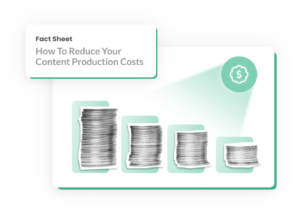
Lade dir jetzt unseren Fact Sheet herunter und erfahre, wie du im Handumdrehen die Contentproduktion für deine Marke optimierst und die Kosten reduzierst.
AI in Influencer Marketing: Potential and Fields of Application
Automated Influencer Search and Selection
Manual research for suitable influencers is time-consuming and prone to errors. AI-supported platforms analyze millions of profiles in real time and evaluate them based on reach, engagement, target group demographics and brand fit. This allows you to find the right partners for your brand faster and more objectively.
Practical example: HypeAuditor uses deep learning algorithms to detect fake followers and identify influencers with real reach. The system analyzes over 50 different patterns and claims to detect 95.5% of all known fraud activities.
Trend Forecasts and Content Personalization
AI recognizes new trends and topics that are relevant to the target group at an early stage. It helps you to personalize content and thus increase the relevance and authenticity of your campaigns. This not only boosts performance, but also the credibility of your brand.
Detection of Fake Followers and Engagement Fraud
According to recent analyses, only around 55% of followers on Instagram are real people – the rest are bots or inactive accounts. AI-based tools such as Modash reliably identify these fake profiles and protect your marketing budget from inefficient use.
Automated Content Creation and Distribution
AI can take over repetitive tasks such as creating social media posts, running email campaigns or scheduling posting times. This gives you and your team more time for creative and strategic tasks.
Increasing Efficiency – but how can Humanity be preserved?
Authenticity is the key to success, especially in influencer marketing. Users expect real stories, personality and transparency. But how do you maintain this humanity when AI is automating more and more processes?
Preserving Humanity: Strategies for AI Deployment
- Retain human control: Let AI do the data work, but always make final decisions together with your team and influencers.
- Create transparency: Communicate openly how AI is used – both to influencers and the community.
- Encourage co-creation: Use AI to provide insights, but give influencers creative freedom in content creation.
- Emphasize empathy and values: AI can recognize trends, but only humans truly understand emotional nuances and social developments.
The “State of German Influencer Marketing 2025” study shows: Authenticity and transparency are more important than ever for consumers. User-generated content (UGC) and influencers who take on social responsibility are preferred.
How do you optimize AI Processes in Influencer Marketing?
- Ensure data quality: AI can only develop its full potential with clean, up-to-date data.
- Regular model updates: AI algorithms must be continuously trained with new data in order to recognize trends and changes.
- Integrate human expertise: AI provides recommendations – but the final evaluation should always be carried out by experienced marketers.
- Observe ethics and data protection: Pay attention to GDPR compliance and ethical standards when using AI.
The Role of Content Creators in AI-driven Influencer Marketing
Influencers will not be replaced by AI – on the contrary: their role as authentic brand ambassadors will become even more important. AI takes over data-driven analysis and optimization, while influencers provide creativity, storytelling and human access to the target group.
Best practice: Focus on long-term partnerships with influencers who share your brand values. Use AI to make collaboration more efficient and measurable, but give creators room for their own handwriting.
Conclusion: AI in Influencer Marketing – Efficiency and Humanity in Harmony
AI in influencer marketing is no longer a topic of the future – it is the new standard for brands that want to grow efficiently and scalably. The advantages are obvious: automated processes, precise analyses, effective performance tracking and fraud protection massively increase the efficiency and ROI of your campaigns.
But despite all the technology, one thing remains central: humanity. Authentic relationships, creative stories and genuine values are what make influencer marketing relevant and credible for users. Use AI as a tool, not as a substitute – and create the perfect interplay of efficiency and empathy.
Your next step: check which AI tools you are already using, where automation offers potential and how you can strengthen the human component in your campaigns at the same time. This way, you are ideally equipped for the future of influencer marketing – efficient, scalable and authentic.

